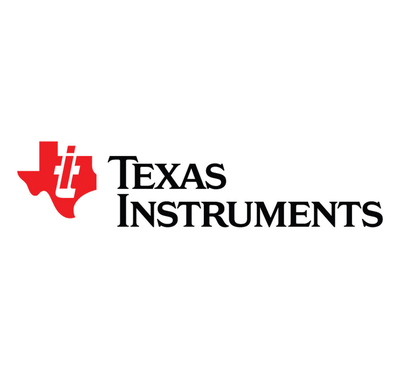TI makes embedded systems more affordable with new Arm® Cortex®-M0+ MCU portfolio
Texas Instruments (TXN) announced the launch of its new scalable Arm Cortex-M0+ microcontroller (MCU) portfolio, aimed at enhancing design efficiency and flexibility.
The MSPM0 MCU portfolio features options that reduce design time from months to days, with initial offerings including over 100 MCUs this year. Designed for general-purpose applications, these MCUs integrate advanced analog components, such as zero-drift operational amplifiers and precision analog-to-digital converters.
Available with pricing starting at $0.39 in 1,000-unit quantities, this portfolio positions TI as a leader in embedded systems, supporting various applications showcased at Embedded World 2023.
- Launch of the scalable Arm Cortex-M0+ MCU portfolio with over 100 planned MCUs.
- Reduces design time significantly from months to days, facilitating quicker innovation.
- Features advanced integrated analog components, enhancing product flexibility and performance.
- None.
Insights
Analyzing...
With an initial launch of dozens of MCUs supported by intuitive software and design tools, the MSPM0 MCU portfolio allows designers to spend more time innovating and less time evaluating and coding – cutting design time from months to days. Learn more about streamlining electronic designs with low-cost, easy-to-program Arm Cortex-M0+ MCUs at www.ti.com/mspm0-pr.
"TI is building the industry's most comprehensive portfolio of Arm Cortex-M0+ based MCUs – expanding an already extensive semiconductor offering with options for general-purpose designs," said
Find the right processing and integrated analog features for any general-purpose design
Designers can select from a wide range of computing options from 32 MHz to 80 MHz with math acceleration and multiple configurations of integrated analog signal-chain components, including the industry's first zero-drift operational amplifier on an MCU and precision 12-bit, 4-MSPS analog-to-digital converters. This flexibility helps designers meet their current design's requirements and plan for future designs – all within the same MCU portfolio.
With more than 100 planned MCUs this year, TI is building the MSPM0 portfolio into the industry's most comprehensive offering of Arm Cortex-M0+ MCUs.
Reduce design time from months to days and get started within minutes
MSPM0 MCUs can help save months of design time with software, design support resources and coding tools – including graphical tools that streamline device configuration – all created to help designers code once and then scale across future MSPM0-based designs.
Designers can enhance system performance and memory utilization with the MSPM0 software development kit (SDK). This SDK provides a cohesive experience that includes a wide variety of drivers, libraries, over 200 easy-to-use code examples and subsystem reference designs.
Making the future of embedded possible with scalable processing portfolios
This new MCU portfolio builds on TI's commitment of providing designers with cost-effective and easy-to-use embedded processors to meet any design challenge. TI embedded processors help designers connect and control systems in an intelligent, reliable and secure way while also reducing cost and complexity.
In addition to a vast software, tool and training ecosystem, all analog and embedded processing parts are supported by TI's internal manufacturing investments to help meet customer demand for decades to come.
See MSPM0 MCUs in action at embedded world 2023
At embedded world in Nuremberg,
Package, availability and pricing
MSPM0L and MSPM0G MCUs are available for purchase on TI.com, with pricing starting at
About
Trademarks
All registered trademarks and other trademarks belong to their respective owners.
![]() View original content to download multimedia:https://www.prnewswire.com/news-releases/ti-makes-embedded-systems-more-affordable-with-new-arm-cortex-m0-mcu-portfolio-301772198.html
View original content to download multimedia:https://www.prnewswire.com/news-releases/ti-makes-embedded-systems-more-affordable-with-new-arm-cortex-m0-mcu-portfolio-301772198.html
SOURCE









